CEO Survey 2022: Top ASX executives all aboard for the energy transition
Energy transition – and how fundamental it is to business models and growth – is one of the themes that jumps out of The Australian’s 2022 CEO survey.
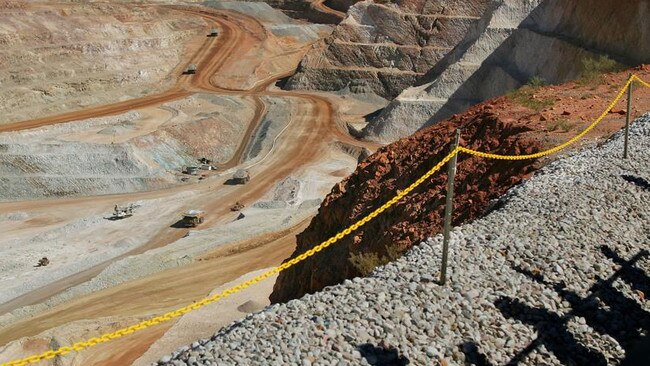
Energy transition – and how fundamental it is to business models and growth – is one of the themes that jumps out of The Australian’s 2022 CEO survey.
For miners, copper, nickel and the new rush for critical minerals is a chance to change the fossil reputation of the sector among young Australians who are increasingly needed to join the workforce.
Sandeep Biswas, chief executive of Newcrest, said copper was the future engine of the electrified world. “Decarbonisation simply cannot happen without mining, which will provide the resources needed to build renewable energy infrastructure, electric vehicles and a greener grid,” he said.
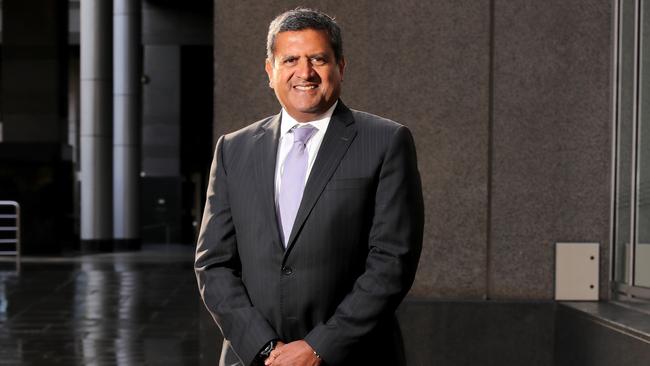
Mr Biswas said copper consumption would rise 26 per cent to 31 million tonnes by 2030 but only if it could be supplied.
CEOs surveyed by The Australian overwhelmingly support the government’s ambition for a critical minerals industry with new refining and manufacturing, but say a substantial investment is needed.
“Australia is in the box seat to supply the critical minerals the world needs for the energy transition,” said Lynas chief executive Amanda Lacaze. “To do this we need serious investment in 21st century infrastructure including renewable power stations, cost-effective logistics and reagents, and R&D to ensure our industry makes the most of the smarts this country has to offer.
“There is a massive scale difference between a critical minerals producer and a bulk commodity producer, which is why finding opportunities for shared infrastructure are so important.”
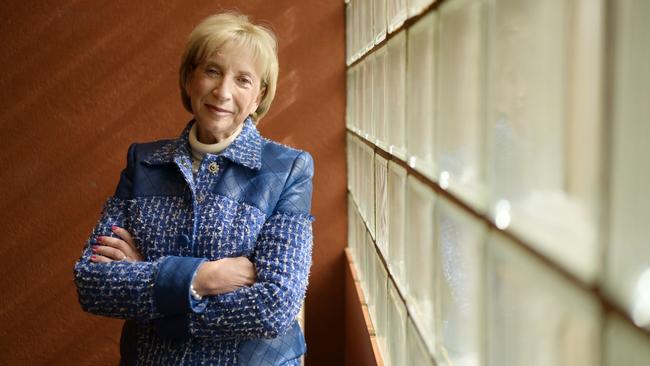
The accelerating pace of transition and demand for Western Australia’s resources has catapulted miners up the ASX charts.
In six months lithium producer Pilbara Minerals’ share price has risen more than 120 per cent, valuing the business at more than $14bn. Pilbara Minerals CEO Dale Henderson urged federal and state governments to back infrastructure for ports, power and roads to attract overseas capital into developing new projects.
Concerns were raised over the new US Inflation Reduction Act, which provides a smorgasbord of incentives for renewable energy development in the US.
Ampol chief executive Matt Halliday said that policy placed Australia at a disadvantage. He pointed to hydrogen, where hopes are high for use in transport and for a hydrogen export industry. “If a business can access subsidies in excess of $US3 per kilogram in the United States and see material funding for hub developments, Australia will miss out on investment needed to accelerate the development of these industries – and the benefits of being an early mover,” Mr Halliday said.
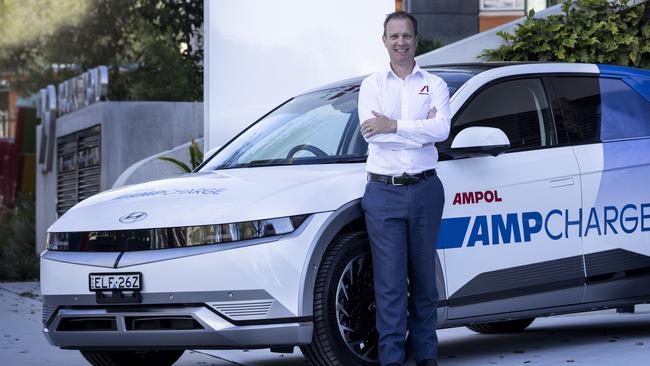
Stewart Upson, the Australian chief of Brookfield, said the story in Australia was a replacement story. “The east coast alone is expected to go from over 50 per cent coal today to 80 per cent renewables by 2030,” he said.
For all the excitement, CEOs warn of risks in transition, from government intervention in the gas sector to sluggish approval times and the race for products to build infrastructure.
“We are more worried about Australia’s ability to make a smooth transition than a year ago,” said EnergyAustralia’s Mark Collette. “We need a policy framework that supports investment in firming capacity. Our best strategy to enable the energy transition is to build replacement capacity in advance of the thermal generation retirement.”
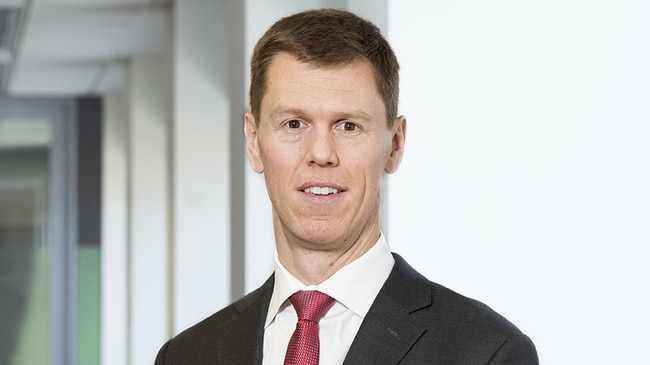
BHP’s Mike Henry said mining exports tallying about a quarter of GDP would come under pressure from decarbonisation.
“We need to make existing exports as resilient as possible and rapidly grow alternative export-oriented industries if we are to overcome this fundamental challenge and to continue to improve standards of living for all Australians,” Mr Henry said.
Competition for renewables assets has thrown up a spate of M&A action. On Wednesday, Andrew Forrest won a hot contest for Spain’s CWP Renewables.


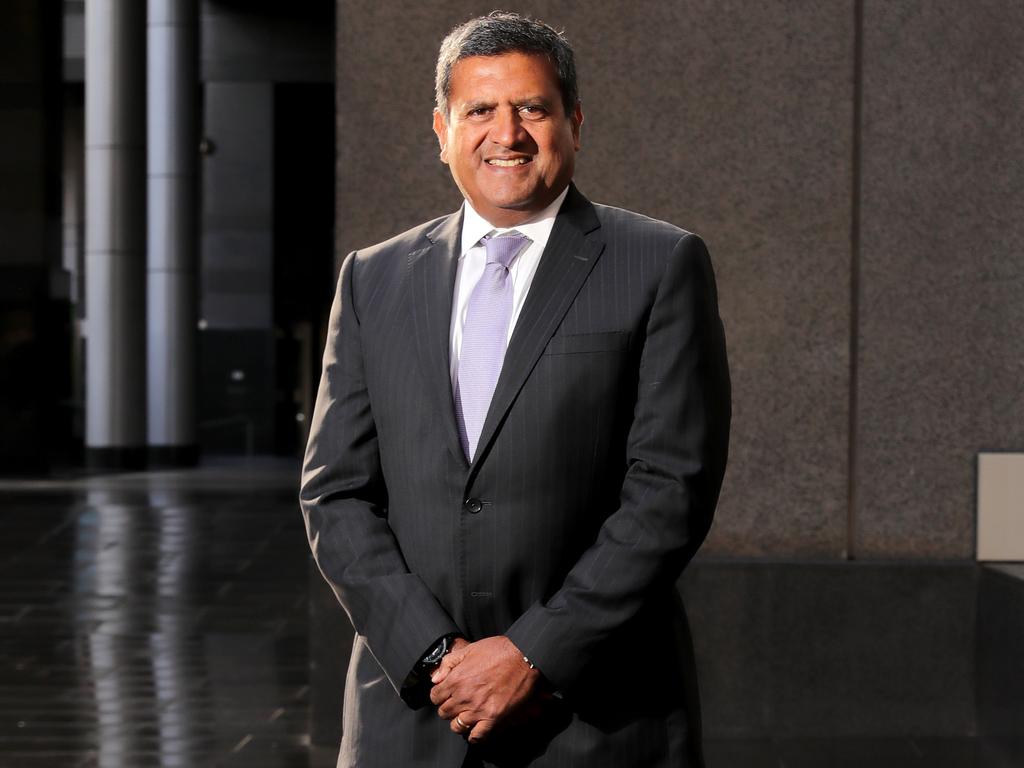




To join the conversation, please log in. Don't have an account? Register
Join the conversation, you are commenting as Logout